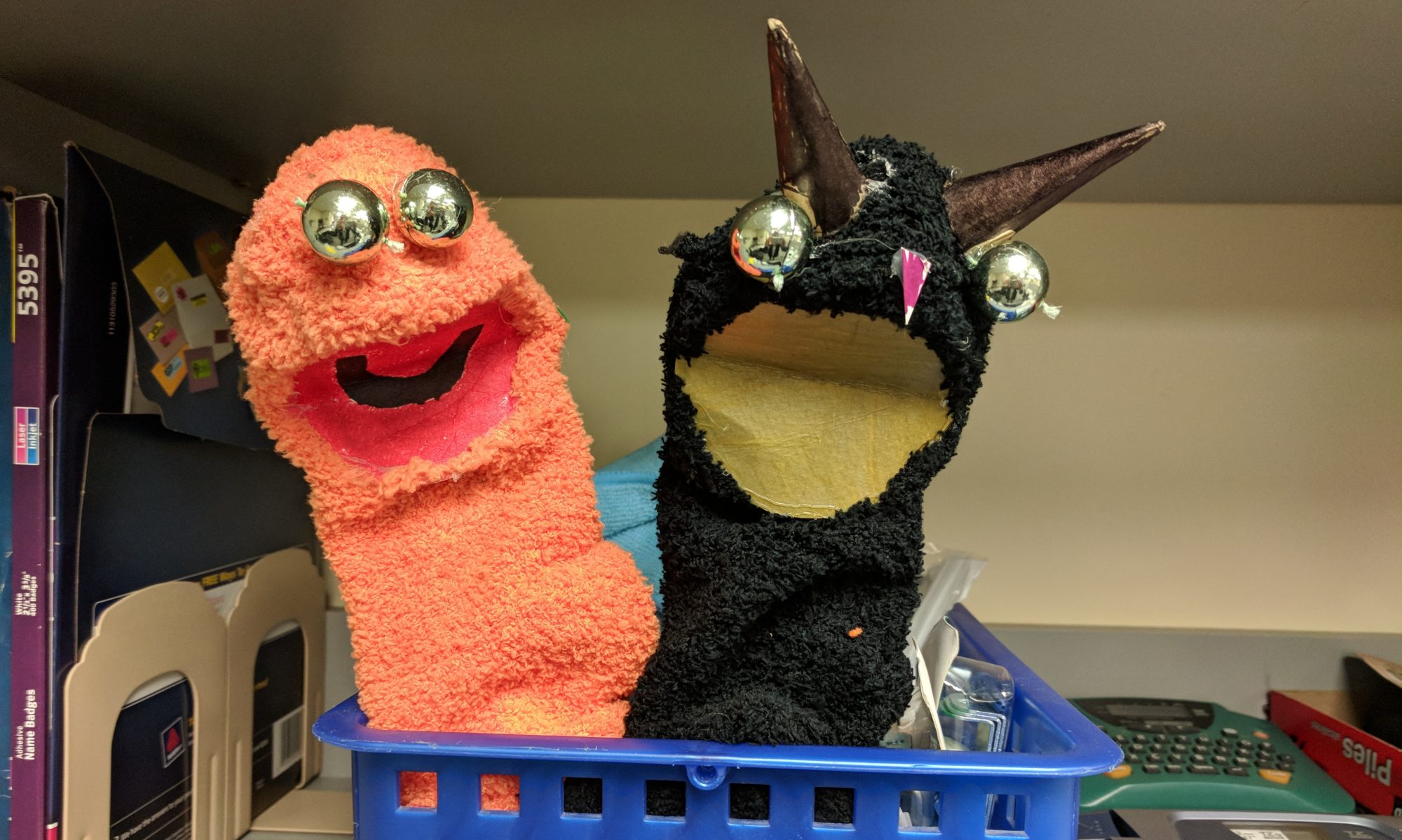Here’s a question from a reader, posted with her consent:
Liz,
I, like a few of your readers, came across your blog as I was searching for guidance on whether or not to return to school to study art therapy. I graduated from UC Irvine in 2009 in Arts and Humanities, but I mostly practice photography, mixed media, and 3-d arts. Some of the programs I have researched will require me to take a few classes in more figurative modes of art, as well as psychology (both I am glad to do, and would probably have done anyway, as I really enjoy school), but which would also require that I figure out what I want sooner than later.
I have been interested in art therapy for a few years now, but am also interested in studying non-profit administration. My main concern about going back to school, is investing time and money into a degree in art therapy and then being limited to being an art therapist because of that degree. Have you found this to be a problem for you or any fellow colleagues?
I would love to shadow an art therapist to get a closer view of if I can handle being an art therapist, but I am not licensed, so I am not really sure who would accept me.
Any information or advice you can provide me with would be infinitely helpful. Thanks!
Shannon
Hi Shannon,
Art therapy programs will certainly require certain psyc credits, and sometimes they’re specific about what types of art courses they’d like under your belt (you will need at least 3 formal art courses beyond what you do on your spare time). Some schools will ask you to bring a portfolio to the applicant interview. In terms of picking a school, definitely go to open houses and meet the program directors and teachers. It’ll help you get a better idea re: whether you’re a good fit for the school/program, and help make clear what prerequisites you’ll indeed need to focus on.
I’m not sure what non profit administration entails, but it seems like it maybe something you can learn with on-the-job experience? Art therapists can become a program director or clinical director of a non-profit after a certain amount of experience and licenses obtained. It seems that you’d need to think about what role you’d like to play within a non-profit organization, and research people with those job titles. You may find they have a psyc or medical background.
With an art therapy degree you can become limited in what jobs you qualify for. However, if you make sure you go to a program that not only fits the criteria for you to get an ATR (registered art therapist), but also a state license, such as LPCC, MFT or LCSW, your options will be more plentiful. Also, you should know that it takes several years of post-graduate work in order to obtain the hours to qualify for these licenses (so you won’t have them straight out of school).
Another option would be to get an MA in social work with an emphasis on non-profit work (ie: grant writing) and then do a post-masters certificate in art therapy. However, there are only a few schools that offer a post-masters certificate. Notre Dame de Namur in the Bay Area has this option.
In terms of volunteering, you can try emailing your local chapter of AATA (either NorCATA or SocalATA) and ask them if they know of any opportunities. You can also try to find community organizations that offer art groups to vulnerable populations. These groups most likely will be offered by artists who have a knack for working with the physically or mentally ill, but some maybe free groups offered by art therapists. Either way, it should help you get your toes into a world similar to art therapy.
I hope this helps!
Regards,
– Liz
